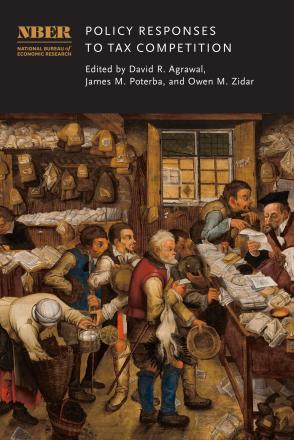Fiscal Federalism and the Role of the Income Tax

This paper rethinks the design of the income tax by assuming that the objective of the tax is not to redistribute from rich to poor but instead to provide some insurance to individuals against the uncertainties they face in their future earnings, the motivation for the income tax hypothesized in Buchanan (1976). The income tax provides insurance by collecting money on net from individuals to the extent they end up doing well to finance net transfers to them when they end up doing badly.
Individuals differ in the amount of future risks they face. These heterogeneous tastes for insurance provide a rationale for states to offer heterogeneous tax/transfer programs, each state then attracting a different clientele in the population.
Given the ease of household migration, state tax policies generate fiscal externalities to other states. The paper explores possible Federal interventions to improve on the equilibrium choices states make for their tax policies.
-
Copy CitationRoger Gordon, Policy Responses to Tax Competition (University of Chicago Press, 2024), chap. 6, https://www.nber.org/books-and-chapters/policy-responses-tax-competition/fiscal-federalism-and-role-income-tax.Download Citation
-


